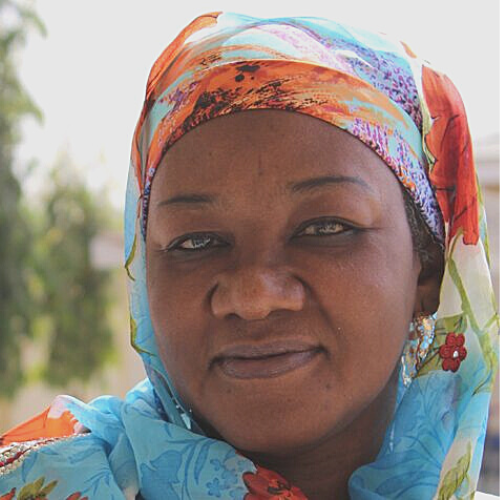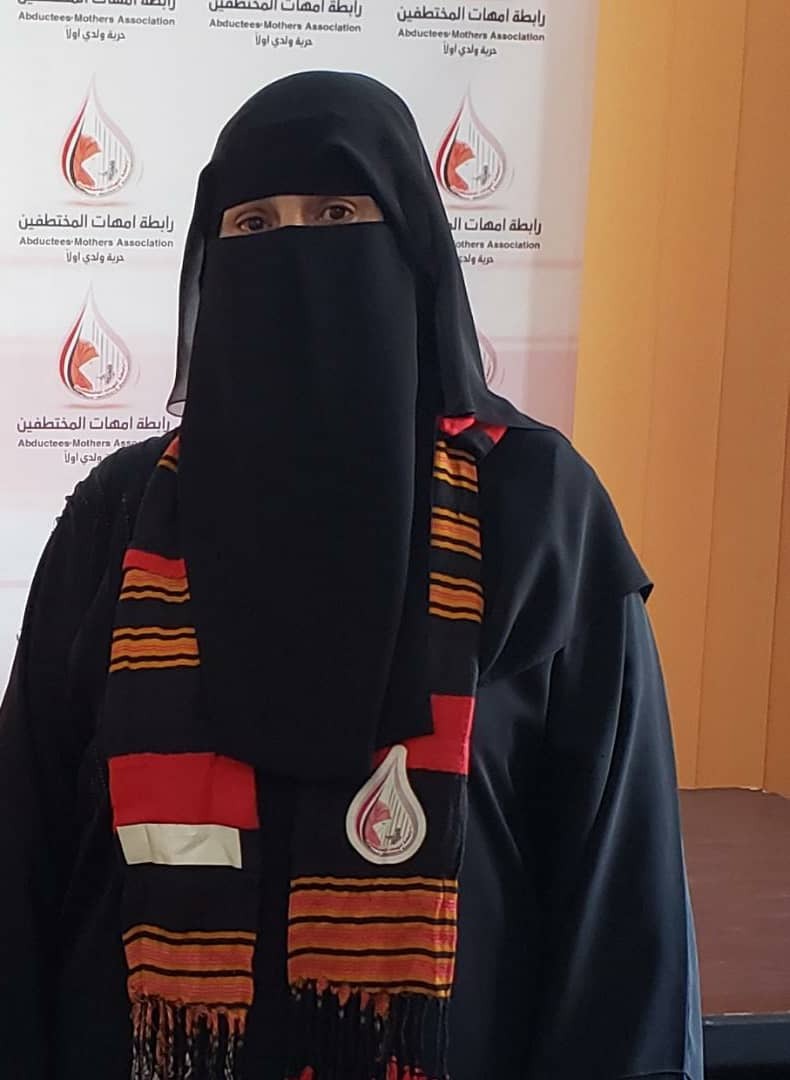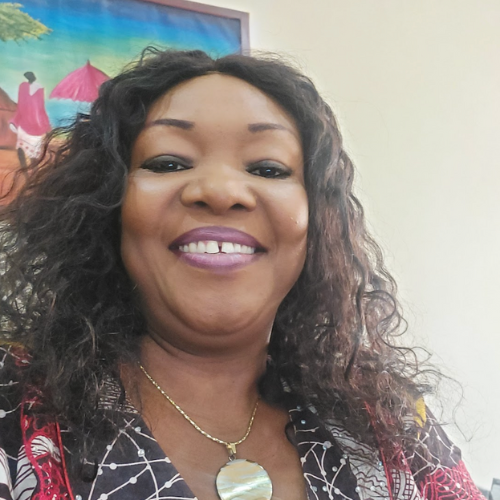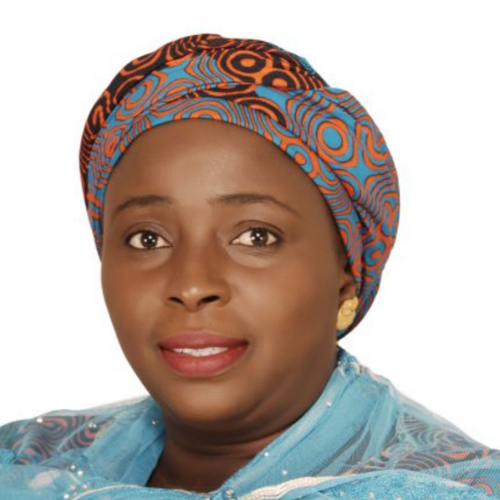FEATURE | 2 Feb 2024
Under crossfire: the courageous work of women faith-based mediators
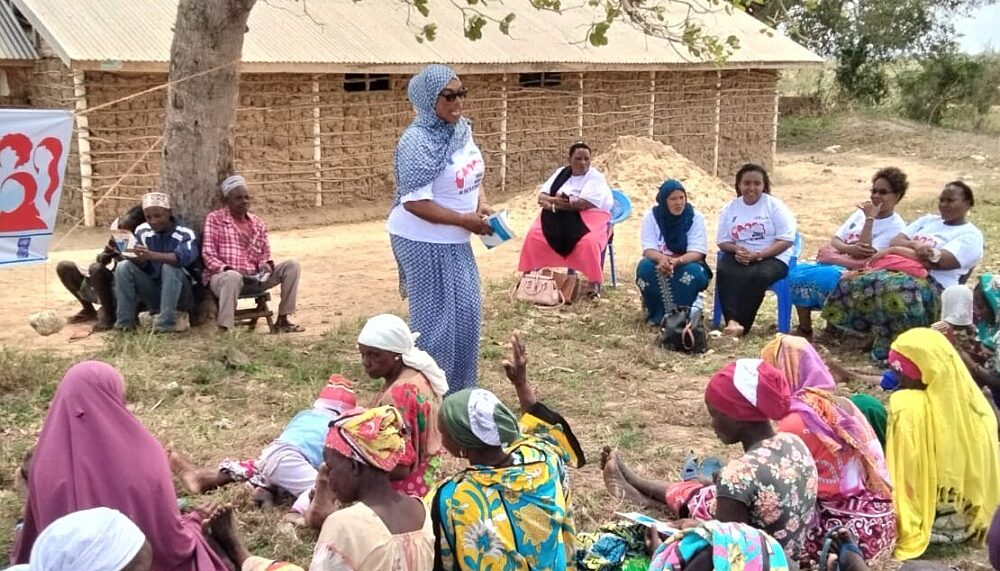
In our latest study, we explore how women use faith as a tool to solve conflict and which tactics they use to overcome challenges they face during the process.
Women faith-based mediators often play a crucial role in peace mediation processes. Our latest study sheds light on the potential of these women, their motivations, and the strategies they use to overcome the challenges they face. It also shows how they use faith as a tool to mediate protracted conflicts and how the intersectionality of faith and being a woman can have a positive effect on such processes.
As religion increasingly becomes the centre of violent conflicts, is it not logical that religion is at the midpoint of the solution to such violence?
Hamsatu Allamin, Executive Director of the Allamin Foundation for Peace and Development in Nigeria
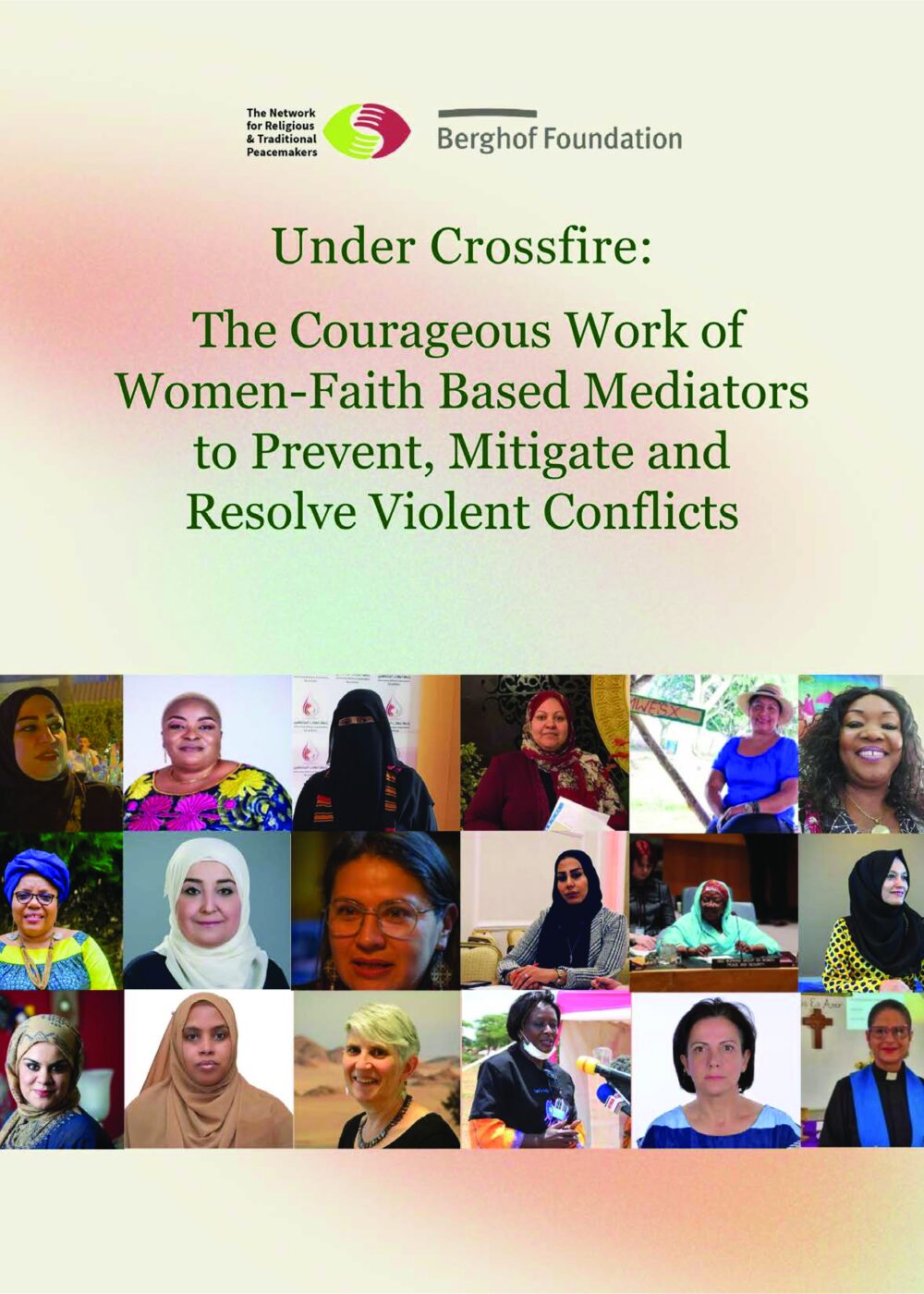
Based on six different case studies on Cameroon, Nigeria, Iraq, Syria, Colombia and Kenya as well as on interviews with individual women faith-based mediators from Israel, Yemen, Uganda and Aceh, Indonesia, the findings illustrate that if faith and religion play an important role in society, the capability of these women to operate as faith-based actors increases. Religion can then be used as a constructive tool to create entry points to resolve conflicts.
Women faith-based mediators are often viewed as a trustworthy counterpart. They are not seen as part of the problem and are considered not to have personal stakes in the conflict. Nour Burhan from Syria is a good example. She contributed – together with a group of faith-based and elderly women – to temporarily uplift the siege of the city of Al-Zabadani in Syria in 2015. They were able to support the negotiation and find a temporary solution between Hayat Tahrir al-Sham controlling the area and the Syrian regime because they were seen, as Nour reports, not as part of the power struggle. Involving this women network made a difference, according to Nour, since it granted their initiative relevant credibility.
Women faith-based mediators are often perceived as less threatening and intimidating than their male counterparts. Despite the high risks they face, they enjoy a relative space of safety in some situations that allows them to take greater risks when engaging in negotiations. Amat Alsalam Abdullah Abdu Al-Hajj, who has contributed to the release of 950 forcibly disappeared persons in Yemen since 2016, reports that women faith-based mediators are able to gather information and come to the house of persons abducted by Houthi rebels as part of the negotiation process for their release. Men are often under stronger threat of being punished in similar circumstances.
Women faith-based mediators are also good at building networks and operating through them. When heavy and widespread inter-religious violence broke out in Jos in the northern region of Nigeria in 2001, Amina Ahmed, Lantana Abdullahi Bako and Justina Ngwobia worked as an inter-religious team of faith-based women mediators. They created a women-led process which they based on their respective faith traditions and reached out to women from Muslim and Christian communities affected by the conflict. These women called in meetings and large protests for the cessation of hostilities, which leveraged the signing of an agreement in 2021 ending the conflict.
“Women are the fabric to a process. Compared to men, I see that women and women of faith engage in a very embracing manner, with a lot of empathy, which goes beyond a professionally distant way of working that I observe with many male colleagues”, says Lantana Abdullahi Bako, author of the Nigeria case study and faith-based mediator who has been involved for many years in settling inter-religious violence in different parts of Nigeria.
This embracing way of using inclusive approaches creates specific entry points for women faith-based mediators, especially when they engage with male gatekeepers. Hamsatu Allamin facilitated intra-Boko Haram talks and liaised with the Nigerian government at the height of the Boko Haram crisis. This was possible due to the trust she enjoyed as a faith-based woman but even more so thanks to her previous deradicalisation work. She has also been involved in negotiations for humanitarian access and provision of basic goods to local communities and fighters living in the territories controlled by Boko Haram.
The study also provides tailored recommendations for the international community, national governments and religious institutions to support women faith-based mediators in doing their work:
- Acknowledge and recognise the specific role of women faith-based mediators through promoting their participation in international policy frameworks and high-level mediation processes;
- Develop funding mechanisms for women faith-based mediators that are flexible and offer long-term support;
- Ensure the physical safety of women faith-based mediators;
- Promote the partnership between male religious actors and women faith-based mediators.
You can read more about our recommendations and findings on the work of these courageous women in our study “Under crossfire: The courageous work of women faith-based mediators to prevent, mitigate and resolve violent conflicts” that was commissioned by the Network of Religious and Traditional Peacemakers.
Media contact
You can reach the press team at:
+49 (0) 177 7052758
email hidden; JavaScript is required
